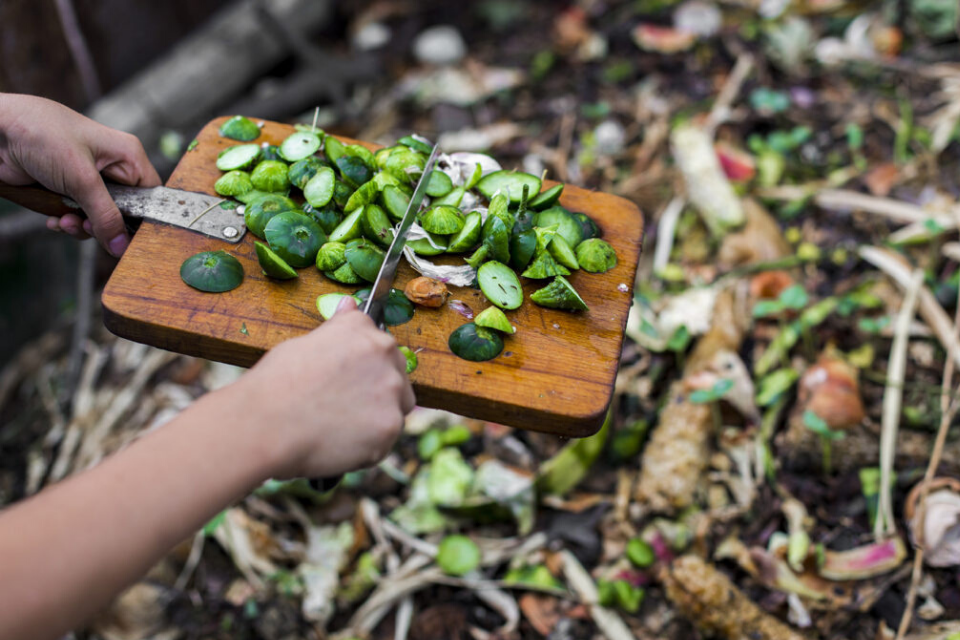Irresponsible handling and disposal of wastes have huge environmental impacts that lead to more serious problems. Not all wastes buried underground rot. Not all wastes burn too. Nonetheless, the process of decomposing wastes may generate smells and even dangerous gases like methane which could be explosive, apart from contributing to the greenhouse effect. There are also obvious chances of pollution.
Waste disposal involves various processes from the collection, transportation, dumping, recycling, to treatment. This does not disregard waste product monitoring and regulation measures associated with each stage. Here are the common skip hire challenges worth considering.
Generation of Too Much Waste
Production of too much waste is the beginning of the whole waste management puzzle. United Kingdom alone is responsible for the generation of over 100 million tons of waste per year. This draws the whole picture of trash problems around the globe. According to a World Bank report, the average global municipal solid waste (MSW) generation per person daily is about 1.2kg. The figure is even expected to rise to about 1.5kg by 2025. This report makes it obvious how the millennials are driven by throw-away consumerism. Producers are also trying to maximize profits by producing one-time products without prioritizing on environmentally friendly products, reuse or recycling.
Most Wastes are Toxic
Most of the products or packages from manufactures contain hazardous and health-threatening compounds. Some of these are just thrown away after use. This is particularly so when the majority of the state or local counties or legislations are generally negligent on controlling the ever-expanding producers. Think of plastic toys that are still poorly regulated even though most of them contain the harmful Biphenyl-A (BPA). Most of these will be readily found in a skip bag before being transported to landfills or further handling sites. One of the rapidly enlarging categories of solid waste which accounts for more than 30% MSW and almost 40% of non-biodegradable plastic waste is the packaging. The magnitude with which it exacerbates waste handling challenges is indispensable.
Some Landfills are Still a Problem
Due to the lack of proper on-site waste management, some landfills still contribute to environmental threats. It’s worth considering the long-term effects like leaching, underground water pollution and the release of potentially unsafe gases. With laxity of most regulations, landfills’ toxicity and hazardous nature significantly increase to a point where the problems become long-term.
Regulations Swayed by Vested Interests
Waste disposal and management have gradually grown into a profit-making venture. Bodies that advocate for safe, quality and proper management of rubbish clearance are almost outmatched by industries in the business. Services like skip hire that alleviate some of the waste handling challenges for common citizens are constantly burgeoning. Some great companies in the waste disposal business dictate nearly all aspects of the marketplace from operating landfills, sewer systems, and incinerators to recycling facilities. As such, they collaborate with regulators that readily embrace biased interests, challenging effective regulation and management of waste garbage disposal. Some of these aspects have contributed to worsening devotions to waste reduction as well as recycling problems. Some regulatory officials even work together with such industry officials to expand landfills, enhance waste tonnage and solicit for the development of new trash handling facilities just to augment profits.
